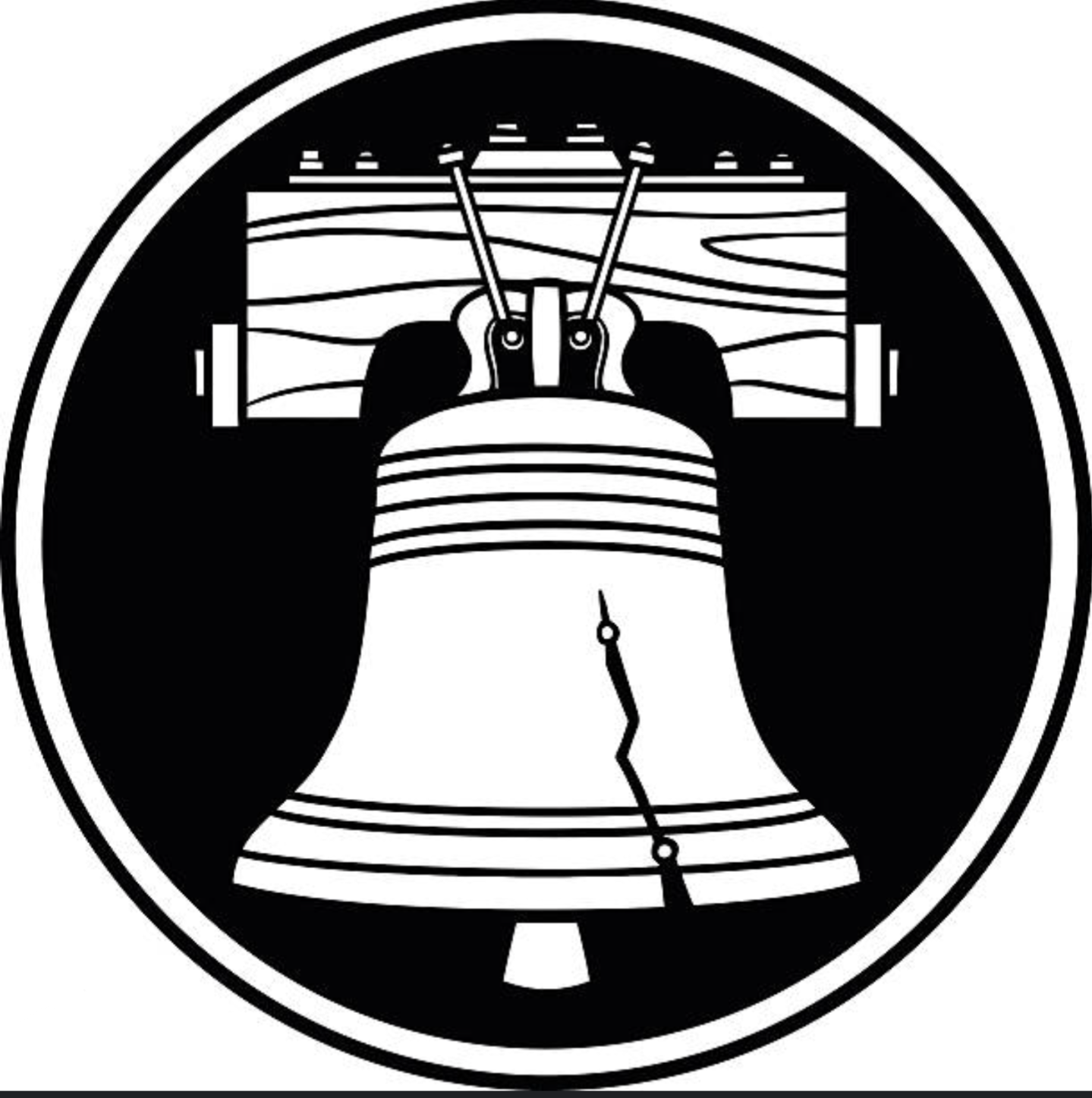Temple University Health System reported a $64 million annual operating loss for the fiscal year that ended June 30. It was the North Philadelphia health system’s first annual operating loss since 2014.
The annual financial results, reported Tuesday to municipal bond investors, are the first in three years that do not include substantial COVID-19 aid from the federal government. During those three years, Temple included a total of $204.4 million in federal aid in its results, accounting for much of the health system’s operating profit.
The nonprofit health system reported annual revenue of $2.65 billion, a 3.8% increase from $2.55 billion in fiscal 2022, when Temple had an operating profit of $70 million. That included $40 million in federal relief money.
Reasons for the wide swing to an operating loss include higher expenses for outside agency staff and overtime, as well as as a 6% decrease in the number of inpatients at Temple’s hospitals, excluding Chestnut Hill Hospital. Temple said the decline was due to insurers reclassifying patients from acute care to what is called “observation status,” which is reimbursed at a lower rate.
Observation status is often used for patients who stay in the hospital for less than 48 hours. Having more patients put into the observation category cost Temple $24 million in revenue during the year, the organization’s chief financial officer told municipal bond analysts during a conference call Wednesday.
“The average acute care admission is reimbursing the hospital roughly $12,000 more than what we see as an observation admission. It’s a very significant change in reimbursement,” Oetzel said.
As part of a joint venture with Redeemer Health and Philadelphia College of Osteopathic Medicine, Temple acquired Chestnut Hill from Tower Health in January for $28 million.
Temple’s CEO Mike Young said on the analyst call that Temple bought Chestnut Hill because it is running out of space for patients and clinical programs at Temple University Hospital and Fox Chase Cancer Center. As part of the acquisition, Temple gained 42 primary care doctors, who brought with them new patients for Temple’s hospitals. Temple’s main hospital also gets more transfers from Chestnut Hill for advanced care, he said.
Chestnut Hill had an operating loss of $12.4 million from January through June, about twice as much as expected. Young said Temple has negotiated better-paying insurance contracts for Chestnut Hill. One big commercial plan that used to pay significantly less than Medicaid is now paying rates that will bring “many millions of additional dollars” Chestnut Hill, Young said.
“We know what the issues are at Chestnut Hill, and we address them literally daily,” he said.


